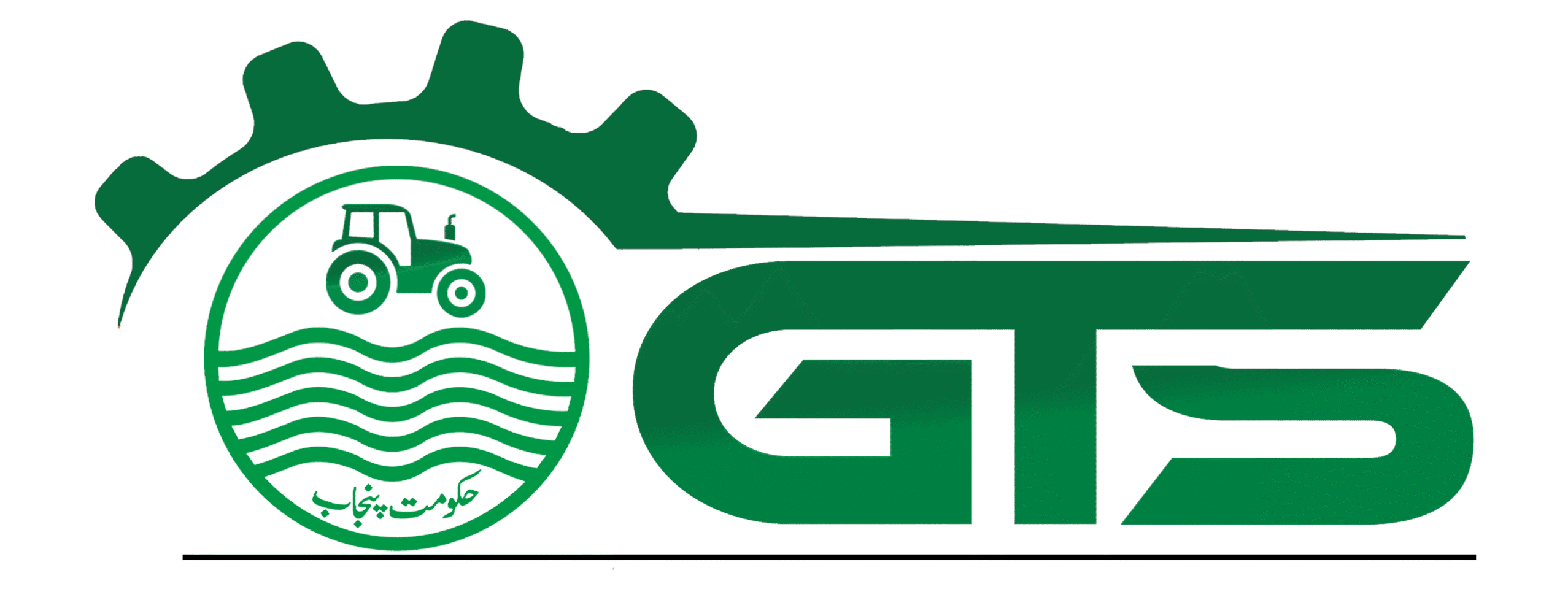Pakistan to Locally Assemble 57–80HP Belarus Tractors 2025 – Boost for Farmers & Industry Growth
In a move set to reshape the future of agriculture and industry, the government has confirmed that Pakistan to Locally Assemble 57–80HP Belarus Tractors through a new collaboration with Belarus. This landmark initiative aims to modernize farming practices, strengthen Pakistan’s industrial base, and reduce dependence on expensive imports.
The tractors will be produced under a Completely Knocked Down (CKD) plant model, allowing local assembly of machines instead of relying on fully built imports. With government backing, strong investor interest, and rising farmer demand, the project is being hailed as a game-changing step toward agricultural self-reliance and economic progress.
Government’s Commitment to the Project
During a high-level meeting chaired by Special Assistant to the Prime Minister (SAPM) on Industries and Production Haroon Akhtar Khan, senior officials and private sector representatives reaffirmed their support for the Belarus tractors project.
Khan emphasized that the initiative would:
- Boost agricultural productivity with advanced high-horsepower machinery
- Strengthen Pakistan’s industrial sector through new assembly capacity
- Reduce reliance on imports, saving valuable foreign exchange
- Generate new jobs in both manufacturing and agriculture sectors
He described the collaboration as a public–private partnership with transformative potential.
Read More: GTS Subsidy Amount Per Tractor 2025 Phase 3 – Full Details, Eligibility & Online Application Guide

Market Demand and Opportunities
Industry experts estimate that Pakistan could see a demand of nearly 2,800 tractor units in the 57–80HP category over the next five years. This growing need reflects the transition from low-power farming tools to modern, high-horsepower machines.
Farmers are increasingly seeking equipment that can:
- Handle larger fields efficiently
- Improve crop yields through mechanization
- Cut down on manual labor costs
- Support commercial-scale farming practices
By addressing this demand, the Belarus tractors project aligns with the government’s broader goals of food security and sustainable growth.
Investor Interest and Private Sector Role
The announcement has already attracted significant private sector attention. Companies such as Margalla Heavy Industries Ltd, Heavy Industries Taxila, and Green Corporate Initiatives are actively considering partnerships to bring the project to life.
Khan also urged other investors to step forward, highlighting that private sector engagement will be critical to success. This approach not only brings in financial resources but also ensures better efficiency, competitiveness, and sustainability.

Government Incentives & Local Manufacturing Policy Support
The success of the project is also linked to the government’s continuous support for local manufacturing. Under the Make in Pakistan industrial framework, the government plans to offer tax relief, import duty waivers for CKD parts, and simplified licensing procedures for local assemblers.
These incentives will not only make Pakistan to Locally Assemble 57–80HP Belarus Tractors 2025 more viable but also attract global investors to set up plants within Pakistan.
Additionally, provincial agriculture departments are likely to introduce easy financing and subsidy programs to ensure that farmers in Punjab, Sindh, and KPK can afford these powerful tractors without financial strain. This strategic policy push ensures that the project becomes both economically feasible and socially impactful.
Strategic Importance
Why Pakistan to Locally Assemble 57–80HP Belarus Tractors Matters
This initiative is not just about assembling tractors—it is about creating a long-term strategic shift for Pakistan’s economy.
- Agricultural Modernization – Empowering farmers with modern tools to boost productivity.
- Industrial Development – Establishing a new CKD plant strengthens Pakistan’s heavy industry sector.
- Job Creation – Generating employment across manufacturing, supply chain, and services.
- Import Substitution – Saving foreign reserves by cutting down reliance on imported tractors.
- Technology Transfer – Building local expertise with Belarusian knowledge and systems.
- Bilateral Cooperation – Strengthening Pakistan–Belarus economic and diplomatic ties.
Benefits for Farmers
The local availability of Belarus tractors promises multiple advantages for Pakistan’s farmers:
- Lower Prices: Local assembly will reduce costs compared to fully imported units.
- Easy Maintenance: Spare parts and service will be more readily available.
- Higher Yields: Modern machines can manage larger fields and complex tasks with ease.
- Reduced Labor Dependency: Mechanization will cut down on manual labor, saving both time and money.
- Reliability: Belarus tractors are internationally recognized for durability and efficiency.
This means farmers can finally access powerful, affordable, and reliable machinery suited for Pakistan’s growing agricultural needs.
Industrial Impact
The Belarus tractor project also offers long-term benefits for Pakistan’s industry:
- Technology transfer from Belarus will enhance local manufacturing know-how.
- A new CKD plant will help build local supply chains and vendor networks.
- The project will align with the government’s “Make in Pakistan” policy, promoting industrial self-reliance.
- It could open doors to future exports of locally assembled tractors to neighboring countries.
This industrial development ensures Pakistan does not remain dependent on imports but builds its own manufacturing strength.
Challenges Ahead
Despite strong potential, several challenges must be addressed:
- Financing – Sustaining investment for plant setup and operations.
- Affordability – Ensuring tractors remain accessible for small and medium farmers.
- Technical Training – Preparing a workforce capable of handling modern machinery.
- After-Sales Service – Establishing a reliable support network for repairs and spare parts.
If these issues are tackled proactively, the project will have a strong foundation for success.
FAQs
Q1: What is the Belarus tractor project in Pakistan?
It is a government-backed initiative to set up a CKD plant in partnership with Belarus, enabling Pakistan to assemble 57–80HP tractors locally.
Q2: How will this benefit farmers?
Farmers will get affordable, durable, and high-horsepower tractors with easy access to spare parts and service, helping them boost yields and cut costs.
Q3: What is the estimated market demand?
Industry experts project a demand of nearly 2,800 tractors in the 57–80HP segment over the next five years.
Q4: Why is this project strategically important?
It reduces reliance on imports, strengthens local industry, creates jobs, and supports food security while enhancing Pakistan–Belarus cooperation.
Q5: Will farmers get any subsidy under this Belarus tractor project?
Yes, provincial governments are considering introducing subsidy and installment plans so that small and medium farmers can easily purchase these locally assembled Belarus tractors without heavy upfront costs.
Q6: When will the locally assembled Belarus tractors be available in Pakistan?
The first batch of locally assembled 57–80HP Belarus tractors is expected to roll out by mid-2025 once the CKD plant setup is completed and regulatory approvals are finalized.
Conclusion
The decision that Pakistan to Locally Assemble 57–80HP Belarus Tractors is more than just an industrial development—it is a complete vision for growth, modernization, and self-reliance. By reducing import dependence, creating jobs, empowering farmers, and strengthening bilateral ties with Belarus, the initiative has the potential to redefine Pakistan’s agricultural and industrial future.
If executed effectively, the project will not only modernize farming but also build an industrial ecosystem capable of sustaining Pakistan’s long-term economic goals. For farmers, investors, and policymakers alike, this initiative represents a new era of productivity, prosperity, and progress.









